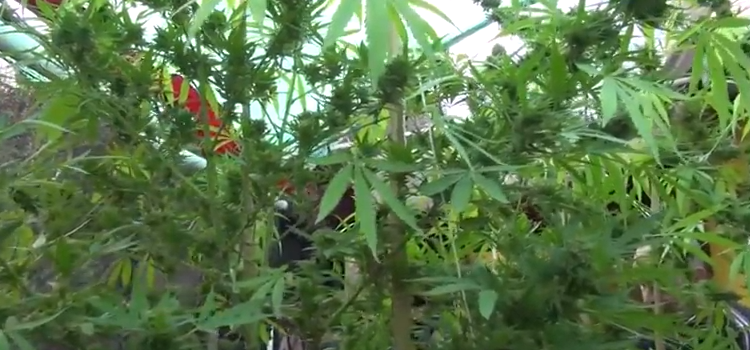There are more than 400 thousand results for the Google search of “Cannabis tours in Uruguay”. Online forums are replete with advice for tourists trying to get pot in the only country in the world that had fully legalized the sale of marijuana, which is grown and distributed under state control.
Foreigners currently obtain pot outside the law, because the State’s initial policies were to discourage cannabis tourism. At present, the law only enables Uruguayans to buy it legally. But now the Cannabis Regulation and Control Institute (IRCCA) has begun to formulate a system in which visitors – and those who provide to them – do not need to break the rules again.
After the photos of the blue and white envelopes of pharmacy-sold pot appeared in media around the world, IRCCA decided to increase their control to ensure that foreigners do not access the system. However, IRCCA has since accepted it cannot stop foreigners from obtaining cannabis.
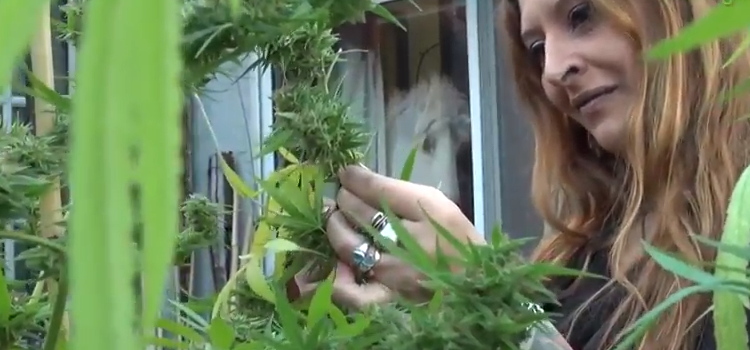
Currently, there are only six IRCCA inspectors who monitor the sale of marijuana throughout the entire country of 3.5 million people, meaning that the system is porous. The agency plans to hire at least two more inspectors to make itself more intensive. But it is a simple matter for a foreigner to ask a registered marijuana buyer to make a purchase on their behalf. While this is not legal, gifting pot is legal.
IRCCA has already drawn a map identifying places where sales of marijuana to foreigners could be set up, areas where the largest number of tourists accumulate. There is coordinated work with the National Directorate of Intelligence of the Police to find the points in which marijuana consumption among tourists was encouraged.
Rather than the typical police crackdown approach that has been employed with disastrous results all over the rest of the world, these areas will be proposed as sites of legal points-of-sale to supply tourists. For example in the beach town of Punta del Este tourists are offered marijuana “tastings” for US $250 per person. Only residents can access the drug, but the rule does not prevent tasting, so this activity is quasi-legal. IRCCA wants it to be fully legal and regulated.
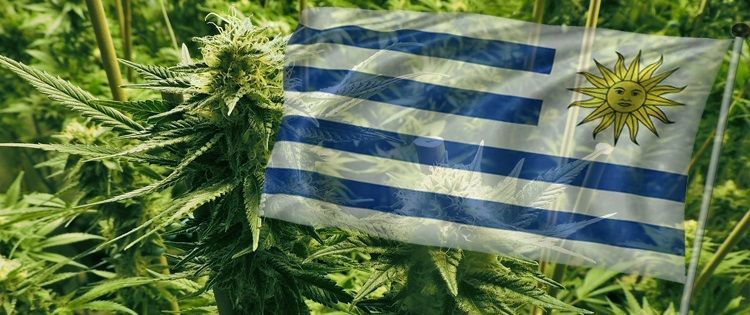
Although Uruguay received international fame for the legalization of cannabis harvested under the control of the State, the authorities will make efforts to combat the sale of other substances. Diego Olivera, the Head of the National Office of Drug (JND), stressed that the government will be behind all cannabis sales in Uruguay.
Once these businesses are online the authorities want to boost tourism by inviting marijuana-loving foreigners to come to the country on vacation. This is because cannabis tourism is thriving despite all previous bans and attempts to control it.
As noted by El Observador in a tour of lodgings in Punta del Este, particularly in those that target a younger demographic of patrons, cannabis is far from being inaccessible. In fact, several hostels in the area are promoted as “weed-friendly” environments with cannabis-themed décor. They even advise their guests about how to get it.
“The second question they ask, after asking for the Wi-Fi key, is where do I get marijuana?” said Gonzalo Laguna, one of the owners of The Trip Hostel, located a few meters from Punta del Este’s famous beach fingers sculpture, told El Observador.
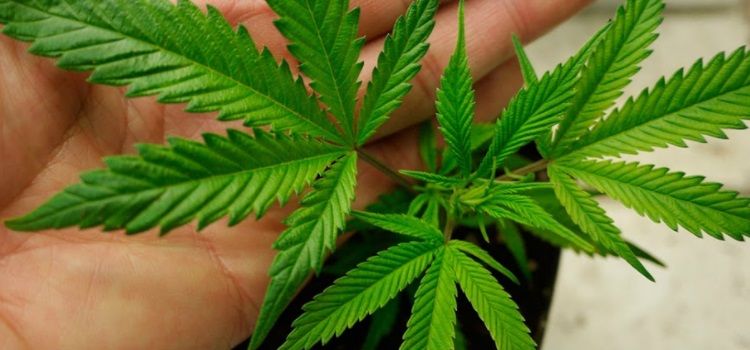
In La Barra, on the other hand, the THC Hostel welcomes its guests with a small hall decorated with cannabis merchandising, smoking devices and marijuana plants.
According to Laguna, the regulation has generated a wave of tourists who “come directly for cannabis”. “Someone always has some, the way you get it is by sharing,” said Laguna. “We tell them not to worry, because marijuana is always obtainable, that they go for a walk and that if they smell it, they can come up and ask,” he added.
For Laguna, that is one more argument to “extend regulation to tourists” and allow them to access marijuana “in the white and legal market.” Gabriel Montero, one of THC Hostel’s managers, also said that “it is a pity that he cannot sell to tourists. We are wasting time when we could have a greater flow of people,” he said.
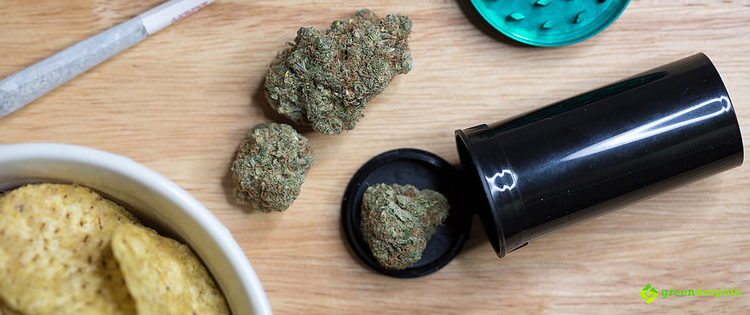
Waiting for that to happen sooner rather than later, there are several hostels in the Uruguayan coast that have already implemented their own provision to guests. Hostel Ejidonia (where I stayed for much of my trip in Uruguay where I was shooting the documentary Druglawed 2) has a number of registered cannabis plants legally growing on its terraced roof. Guests can partake freely there and hostel manager Rodolfo Heuer told me that this attracts many of their patrons.
“It is not going to change back to the way things were. The way things are heading, towards acceptance in wider society and a legitimate cannabis tourism industry, makes much more sense to everyone.”
Share your views in the comments section below.
- Uruguay Wants Tourists to Start Rolling Up - November 29, 2021
- UFC Champ KO’s Pot Laws - June 24, 2020
- Cannabis Museum Lights Up Christchurch - December 4, 2019

